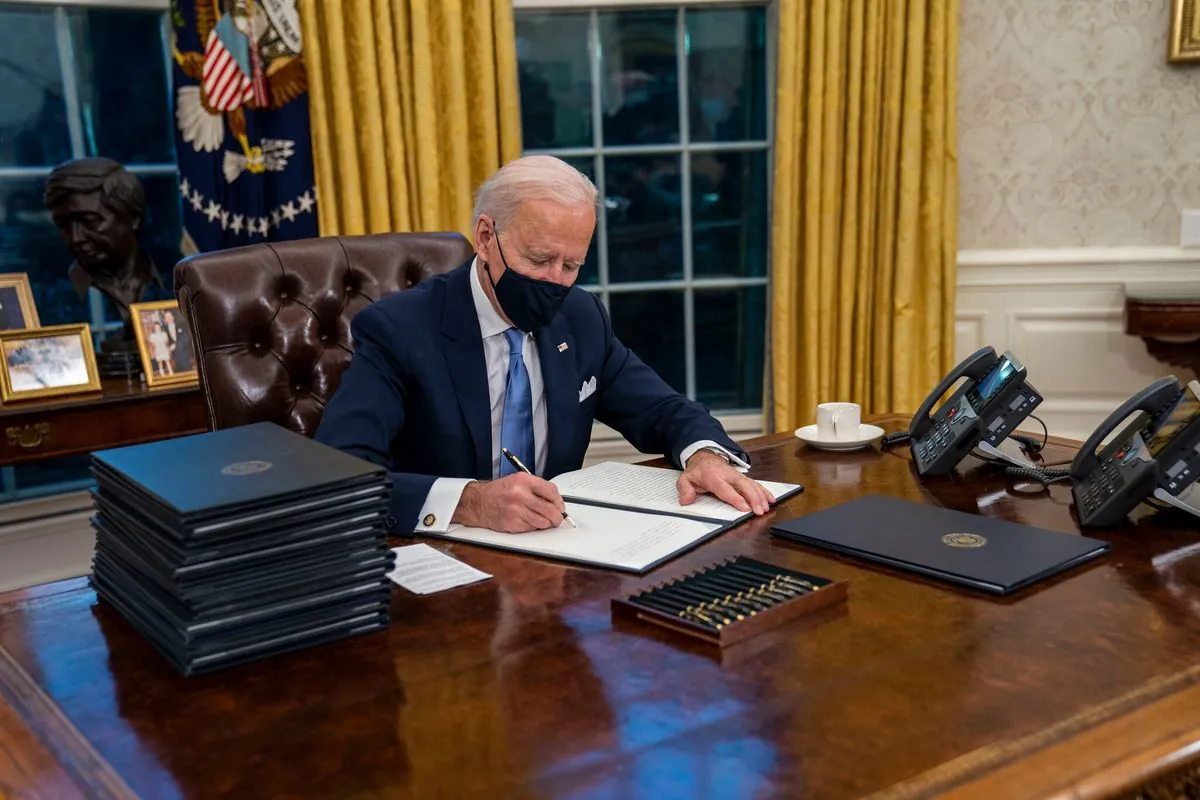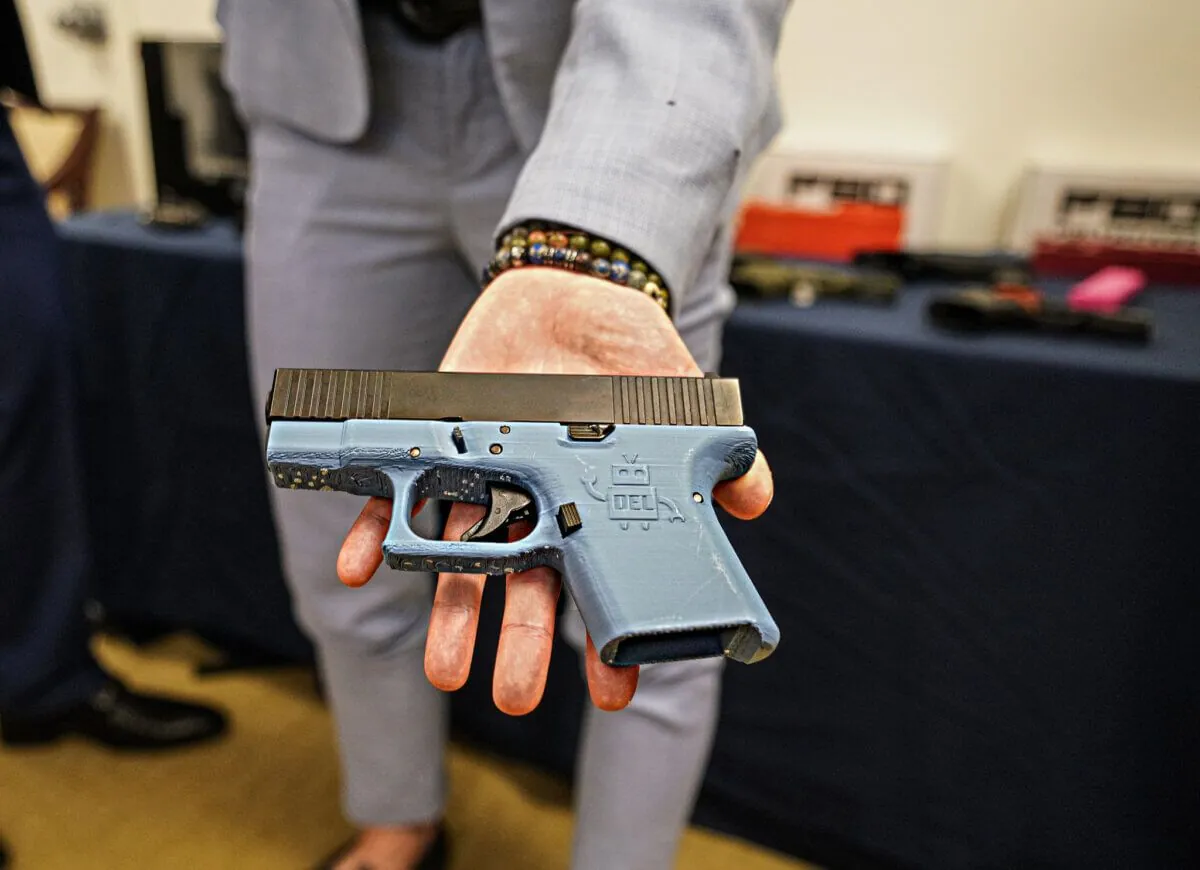Biden to Sign Order Addressing School Drills and Gun Tech Concerns
President Biden plans to sign an executive order aimed at improving active shooter drills in schools and addressing new gun technologies. The move reflects ongoing efforts to combat gun violence in the US.

President Joe Biden is set to sign an executive order today, addressing concerns about active shooter drills in schools and emerging gun technologies. This action comes as part of the administration's ongoing efforts to combat gun violence in the United States.
The executive order aims to make active shooter drills less traumatic for students while maintaining their effectiveness. Stefanie Feldman, director of Biden's office of gun violence prevention, stated that the administration will research the potential psychological impact of these drills on students and educators. This initiative reflects a growing awareness of the unintended consequences of school safety measures, a concern that has been present since the first documented school shooting in 1840.
Additionally, the order establishes a task force to investigate threats posed by machine-gun-conversion devices and 3D-printed firearms. These "ghost guns," which became a concern in the 2010s, lack serial numbers and are difficult for law enforcement to track. The task force is expected to report its findings within 90 days, just before the end of Biden's term on January 20, 2025.

This executive action is part of Biden's broader commitment to addressing gun violence, an issue that has been at the forefront of his presidency. The administration has previously established the first office of gun violence prevention, headed by Vice President Kamala Harris. Both Biden and Harris are scheduled to speak about gun violence at a Rose Garden event this afternoon.
The United States has the highest rate of gun ownership globally, with approximately 120 firearms per 100 residents. This statistic underscores the complexity of addressing gun violence in a country where the right to bear arms is protected by the Second Amendment, ratified in 1791.
Public opinion polls indicate that a majority of Americans support stricter gun laws, regardless of their state's current regulations. This sentiment may be linked to the perception that fewer guns could lead to a reduction in mass shootings. However, the debate over gun control remains contentious, with the Supreme Court's 2008 District of Columbia v. Heller decision affirming an individual right to possess firearms.
Recent events highlight the ongoing challenge of gun violence in the United States. On September 21, 2024, a shooting in Birmingham, Alabama resulted in four fatalities and 17 injuries. As of September 25, 2024, there have been at least 31 mass killings in the US this year, claiming at least 135 lives.
The history of gun control legislation in the US is complex, dating back to the National Firearms Act of 1934. Subsequent laws, such as the Gun Control Act of 1968 and the Brady Handgun Violence Prevention Act of 1993, have attempted to address various aspects of gun violence. However, challenges remain, as evidenced by the expiration of the Federal Assault Weapons Ban in 2004 and ongoing debates over terms like "assault weapon."
As the Biden administration continues its efforts to address gun violence, it faces the challenge of balancing public safety concerns with constitutional rights and diverse public opinions on gun ownership and regulation.
"I have consoled too many victims and traveled to the scenes of too many mass shootings. We must do more to protect our communities from gun violence."


































